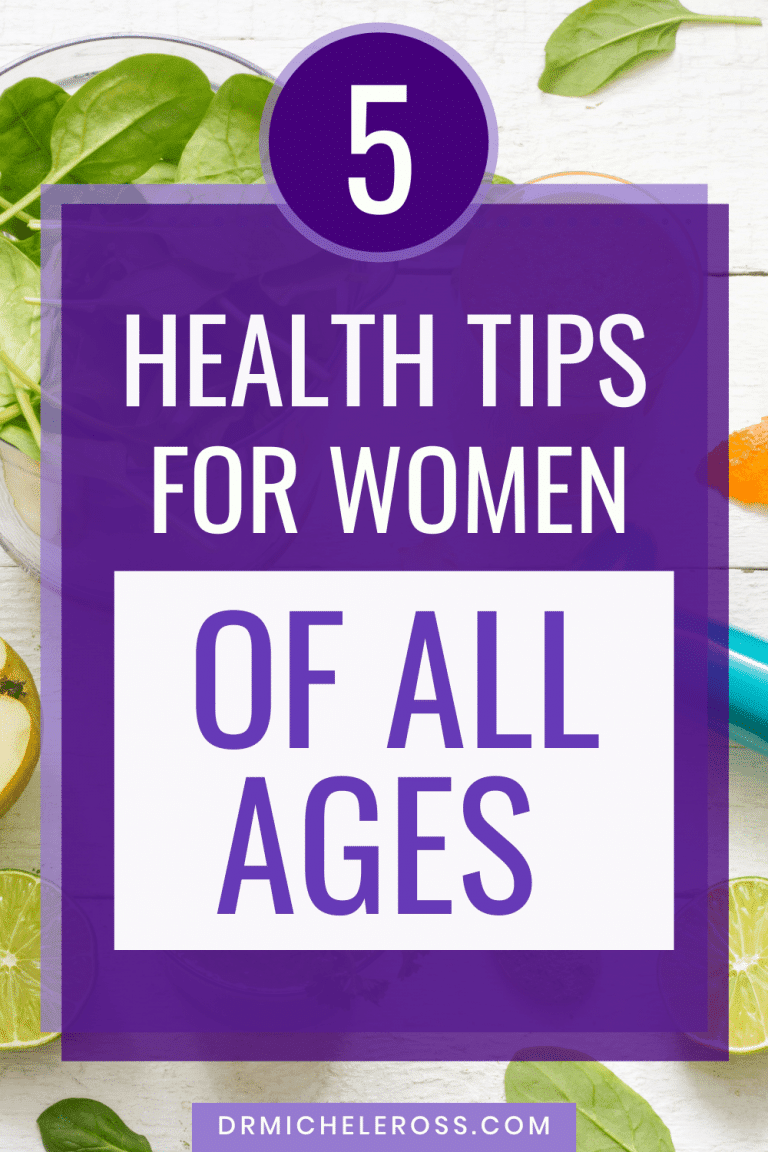
Regardless of whether you are just past 20, straddling the middle-age line or solidly in the elderly category, as a woman you need to take care of yourself. While statistics show that women have overall better physical health and greater longevity than their male counterparts, they face unique challenges that men do not, such as the difficulties of childbirth. Here are four health and wellness tips that you can apply no matter what your age.
1. Educate Yourself
Do you know what a morning after pill is and what it does to your body? Did you know that heavy periods can signal serious problems like endometriosis? It is important to know the answers to these and related questions. Female-specific issues are often dismissed as less significant. As a result, many women remain unaware of important information. Take advantage of online resources and trusted healthcare professionals’ knowledge to not be among this number.

2. Practice Self-Care
Due to traditional views on gender roles, women often find themselves performing most of the emotional labor in relationships. Even if they work and have careers, they are generally still expected to be the main parental figures and housekeepers. They take on the roles of nurturers, support providers and caretakers. The Centers for Disease Control and Prevention report that two out of every three of the nation’s caregivers are female.
With all of the expectations and obligations tugging at you, it is not hard to neglect your own self-care. Make sure to take time for yourself to relax. Consider taking up yoga or meditation. Get away for a little vacation and just turn life off for a couple of days. Don’t hesitate to treat or pamper yourself on occasion. It is as important to take care of your mental health as it is to take care of your physical wellbeing to avoid burnout.
3. Go To Those Regular Checkups
A study from GCI Health, HealthyWomen and Redbook magazine found that out of 1000 women aged 30 to 60, an estimated 50% neglected their own health. Women are more likely to prioritize others’ health over their own, in part due to the societal norms that so often place them in the position of caregiver. Even if you feel like nothing is wrong with you, you should attend regular checkups and screenings to eliminate the possibility that something hidden is going on in your body. Doing so may mean the difference between catching a condition early on when it is still treatable and noticing it too late.

4. Practice Healthy Consumption
The accessibility to an abundance of fatty, sugary, processed foods and the tendency to consume too many calories in one sitting has led to a weight problem among Americans, with the CDC stating that over 68% are considered overweight or obese. While it is okay to scarf down a dessert or fried snack on occasion, it is also important to maintain a balanced diet with healthy grains, vegetables and fruits. Try drinking more water in place of soda. Grill that piece of chicken rather than dropping it in the fryer. Small things like this will improve your health and mood.
It is imperative that you take care of yourself physically and mentally. Doing so may prolong your life and make you feel better in general.
Pin This Post

Share This Post





